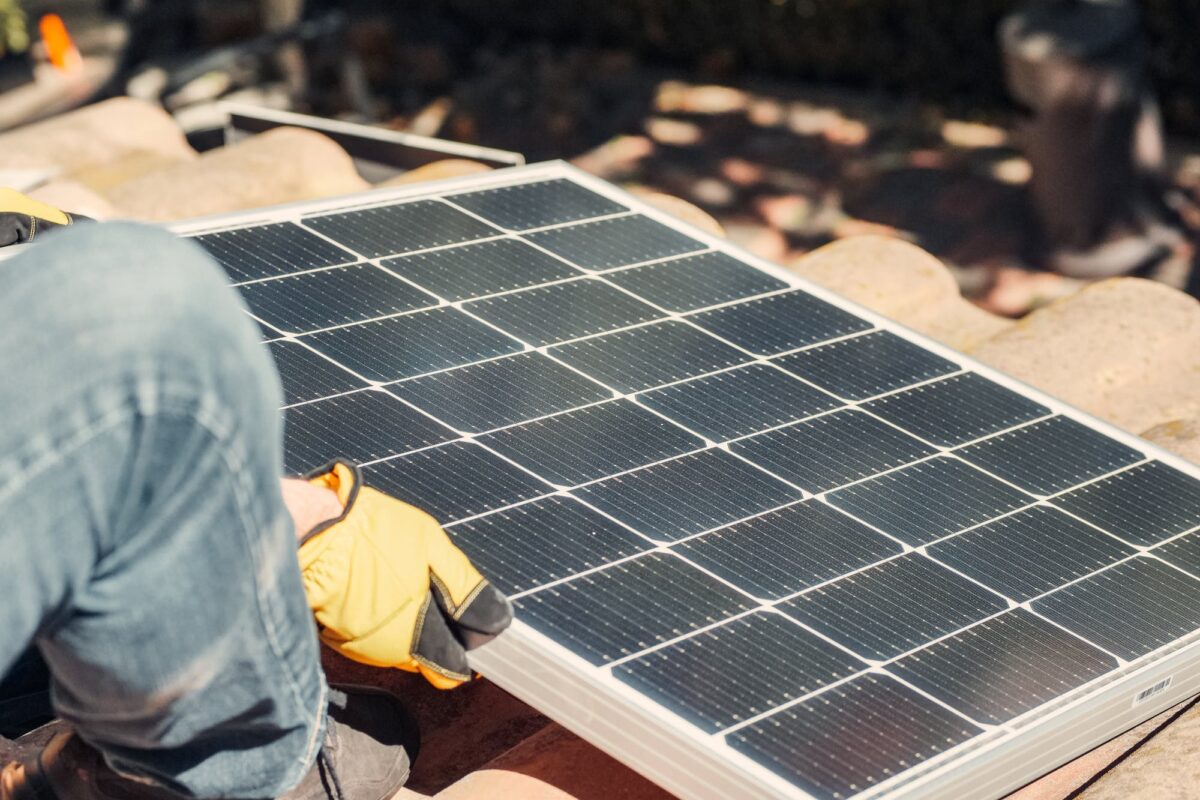The U.S. residential solar market is undergoing significant changes. With net metering policies being altered if not removed outright and a saturation of the early adopter demographic in leading markets including California, the approach of leading residential solar companies is also changing.
As the latest sign of this, Tesla is closing its office in Charleston, South Carolina, which it attributes to a shift from door-to-door sales to an emphasis on retail. The EV and battery maker has begun offering residential solar in its stores, and in April announced that it would no longer go door-to-door.
As such, Tesla says that will either re-assign its employees in Charleston, or give them an offer to interview for other positions “that will help support our expanded retail efforts and the delivery of new solar products and Powerwalls across the country.”
The company also says that it will complete installations of all contracted customers and will provide operations support through its other regional offices, and even suggested that it might return to South Carolina in the future.
The move by Tesla comes as South Carolina is becoming the latest Southern state to grow a significant solar market. Citing its in-state tax credit, GTM Research has told pv magazine that it expects South Carolina to become a top-10 residential solar market this year, and it is the only other state in the Deep South where both Sunrun and Vivint Solar have a presence.
However, it also comes as Tesla is scaling back its solar expansion through SolarCity, with a greater focus on profitability instead. In its Q1 2017 results, Tesla reported a 30% decline in deployment compared with the prior year.
This content is protected by copyright and may not be reused. If you want to cooperate with us and would like to reuse some of our content, please contact: editors@pv-magazine.com.









By submitting this form you agree to pv magazine using your data for the purposes of publishing your comment.
Your personal data will only be disclosed or otherwise transmitted to third parties for the purposes of spam filtering or if this is necessary for technical maintenance of the website. Any other transfer to third parties will not take place unless this is justified on the basis of applicable data protection regulations or if pv magazine is legally obliged to do so.
You may revoke this consent at any time with effect for the future, in which case your personal data will be deleted immediately. Otherwise, your data will be deleted if pv magazine has processed your request or the purpose of data storage is fulfilled.
Further information on data privacy can be found in our Data Protection Policy.